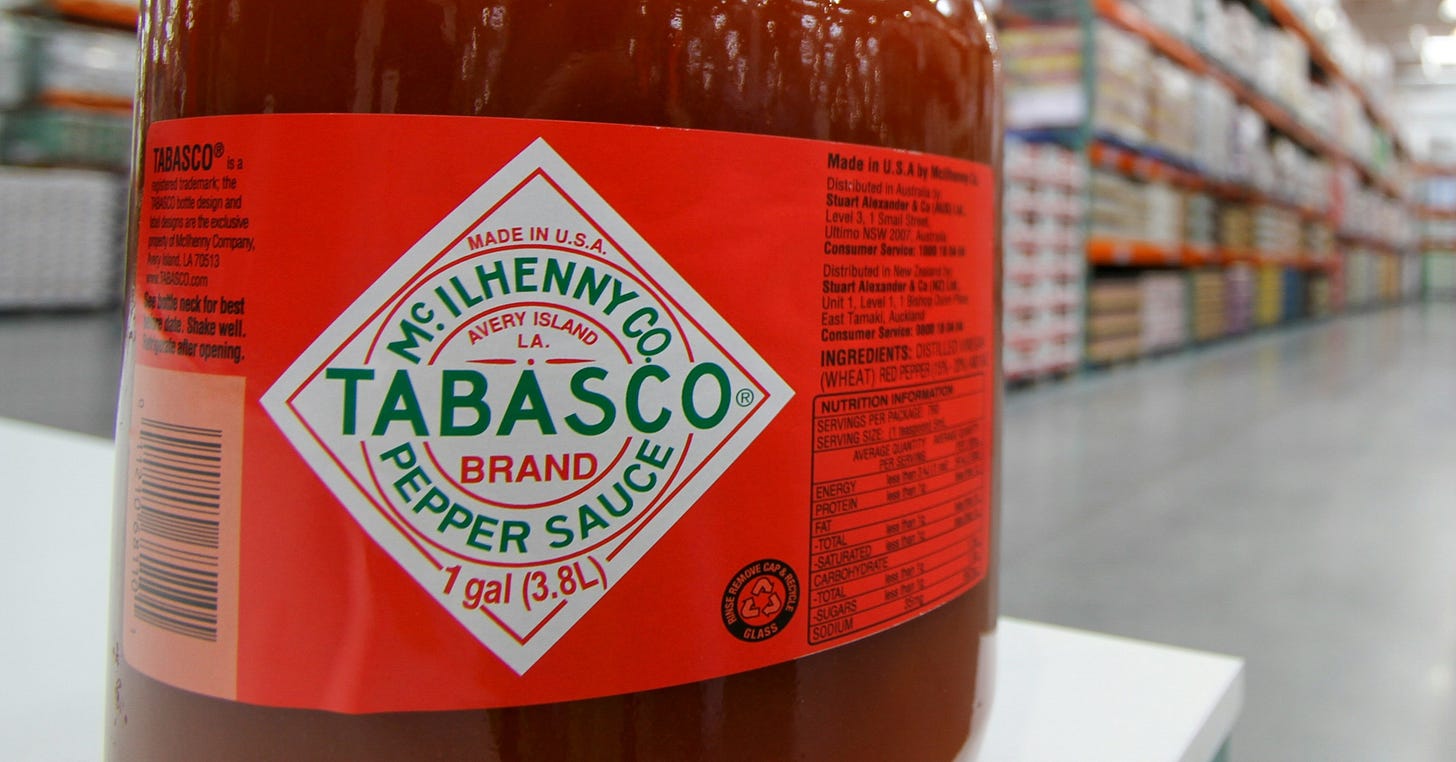When I tell people I’m a consultant, they glance at my “WFH Birkenstock chic” outfit — Latin Adam Sandler vibes and all — and look skeptical. But let me tell you, this career path has been anything but predictable.
Let’s get one thing straight: pre-pandemic, I was fashionable. Truly. But now? I’m more about presence than presentation. (That’s a different post. Stay tuned.)
Here’s the thing: consulting was not the plan.
But here I am.
A Road Less Linear
I’m first-gen — the daughter of immigrants. Growing up, the career menu came with exactly two options: doctor or lawyer. Biology wasn’t my thing, so I leaned all the way into law school.
I went to a women’s college (yes, I’m a walking feminist moment) and majored in political science. I loved reading, writing, and overthinking — all the lawyer-y things.
Fast forward: I graduated, worked at two law firms, and discovered a new passion — dreading the idea of law school. So, I pivoted. Nonprofits focused on higher ed. Then higher ed itself. Then I had a baby.
The Pivot of All Pivots
After staying home with my baby for two years, I was ready to rejoin the workforce. But let me tell you — it was not easy.
Between diaper changes and existential dread, I started asking myself the big question: What do I want to be when I grow up? Spoiler: I had no idea.
Then one random night, I stumbled on The Costco Craze: Inside the Warehouse Giant. Five minutes in, researchers were breaking down how Costco designs its stores to make you buy more treasures. Shelving? People-watching? Organizing things in rows and columns? My Type A heart was doing cartwheels.
Costco doesn’t just sell you stuff — it’s a lifestyle. You walk in for paper towels and leave with a kayak, 20 pounds of trail mix, and a questionable life decision. Costco doesn’t ask if you need 40 rolls of toilet paper; it decides for you: “You do now.”
This CNBC special sent me spiraling. What is data? Organizational strategy? Culture? And wait — people actually get paid to think about this stuff?
And they like it. Not the “pretend-to-like-it” vibe I had with law school dreams. No. They really like it — enough to build careers around it.
Cue the rabbit hole. Turns out, industrial-organizational psychology (I/O) is a real field where you get to combine data, strategy, and people.
In that moment, I realized something: data and strategy could explain how people move through spaces — and how organizations could build environments that inspire them to thrive. That idea stayed with me and became the seed for my I/O psychology journey.
I was hooked. I was going to become an I/O psychologist. Learn big data. Use it to… make people buy bulk hot sauce? Maybe not. But I was determined to use these powers for good.
Reality check: to be an I/O psychologist, you need a master’s or PhD. I had neither.
Building a Path
Grad school applications weren’t going to be impressed with “watched a documentary once.” My resume? Less “future I/O psychologist” and more “???”
So, I got strategic. I landed a job at a foundation focused on increasing diversity in media — cue recruitment and career development. Then, I leaned on my experience in contextualized teaching and linked learning initiatives to get a career coaching role in higher ed.
Yes, I broke my own promise never to go back to higher ed (toxic, I know), but tuition remission was non-negotiable. Daycare is expensive, and grad school wasn’t going to pay for itself.
For three years, I coached students on their career paths while quietly building my own. Back-to-back appointments. A grueling schedule. Helping others see their potential while figuring out how to maximize my own.
When I graduated with my master’s, I knew it was time to move on. Two weeks later, I handed in my resignation.
Enter: Consulting
My first consulting gig? It wasn’t the one. I was the only I/O on the team, and the pandemic amplified the isolation. While the work was okay, it wasn’t filling my cup.
Then, I found my current role, and everything clicked. Now, I’m surrounded by brilliant I/Os who inspire me daily. I’m part of a team, working on projects that light me up: digital adoption, strategic planning, DEIA, job task analysis (read: people-watching), and learning and development.
I’m finally in a role that aligns with who I am and what I love.
Why I’m Sharing This
So, why am I telling you about my Costco epiphany and career U-turns? Because I meet so many first-gen professionals who feel lost. They worry that their careers aren’t progressing the way they think they should. That they’re destined for admin work for people who don’t see their potential.
I’ve been there.
And to you, I say this: be patient. Sometimes career paths look like a U-turn before becoming a slingshot. And that’s okay.
Take time to explore. Your next move doesn’t have to be perfect — it just needs to be a step forward. Leverage the skills you already have, even if they don’t seem relevant at first glance. Think about the way you adapt, the way you problem-solve, and how you connect with others — these are strengths you can bring to any role.
Find your people. Whether it’s a mentor, a friend, or someone you admire from afar, surround yourself with voices that remind you of what’s possible. Ask questions, stay curious, and remember: the journey may not be linear, but every twist and turn is teaching you something valuable.
You’ll figure it out. And when you do, maybe you’ll even get to wear questionable Birks while helping others and loving your job. Now that is the dream.
Now, excuse me while I daydream about people-watching at Costco.
I’m Listening to Wait a Minute! - Willow Smith






